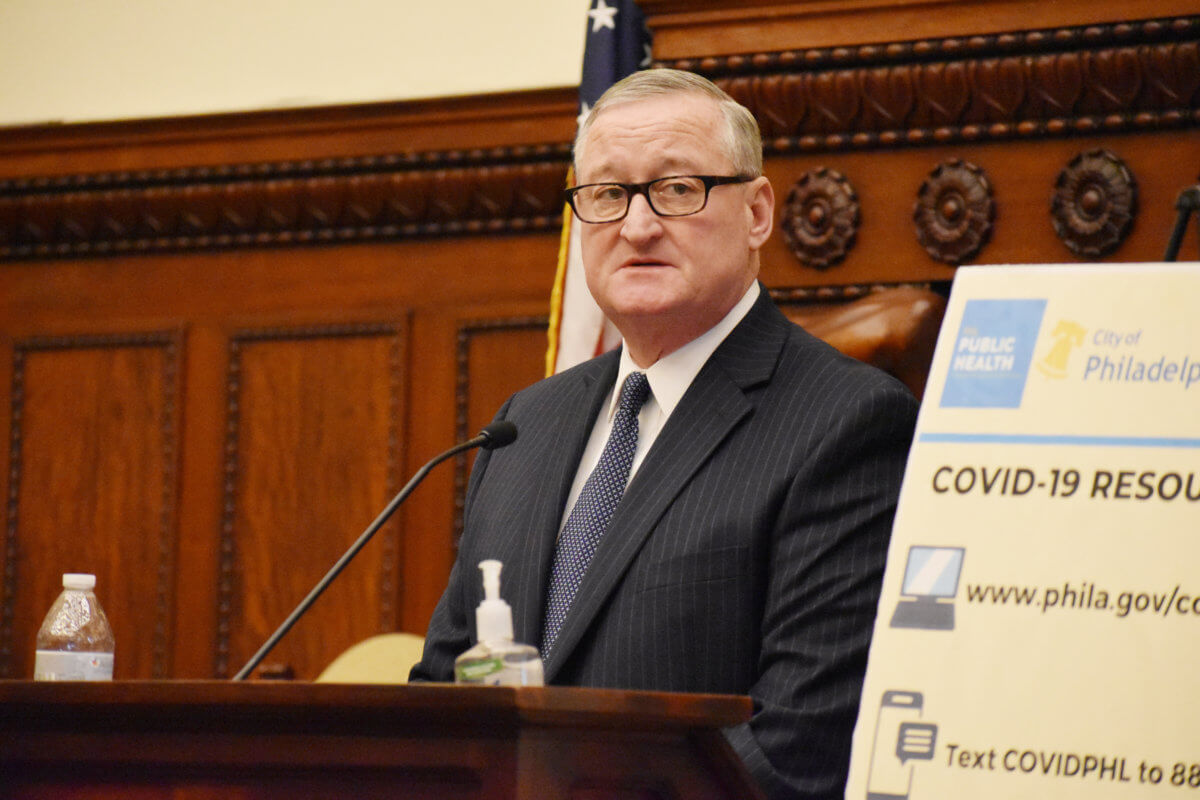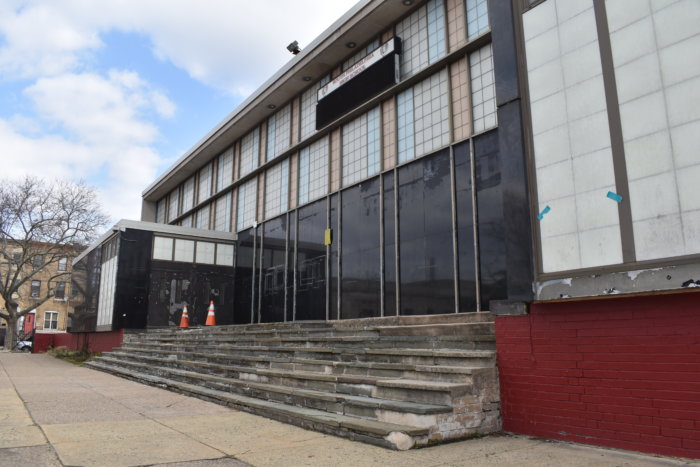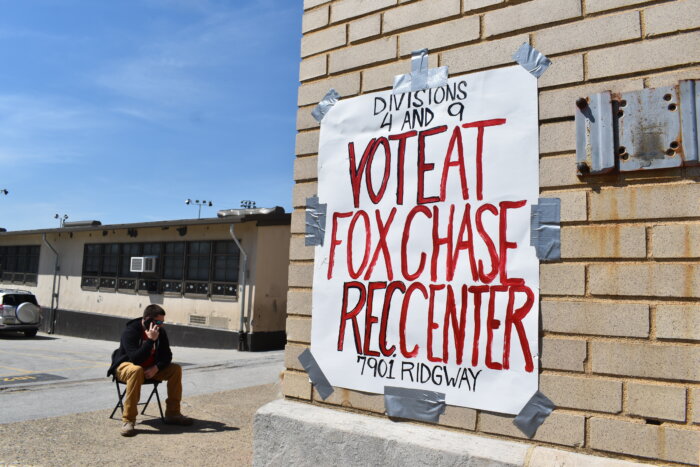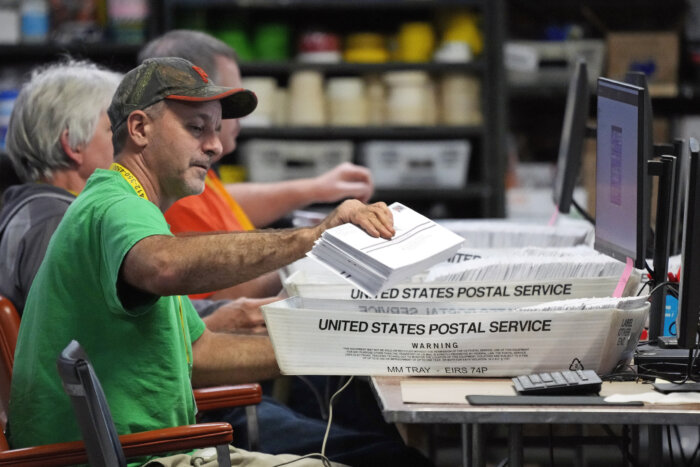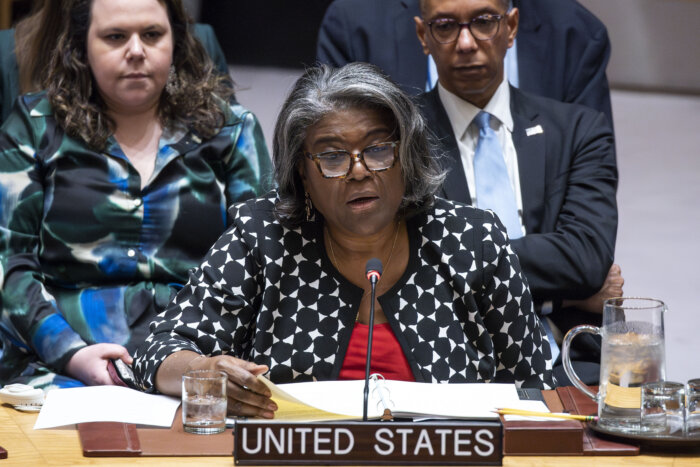Mayor Jim Kenney is appealing to President Donald Trump to bail out the city as Philadelphia enters its fifth week of shutdown due to the outbreak of the novel coronavirus.
Kenney urged Trump to include emergency funding for cities and counties in the next COVID-19 relief bill, the details of which were being negotiated Sunday in Washington.
Loss of tax revenue, a result of shuttered businesses, will force the city to dramatically slash its budget, the mayor wrote Friday. Kenney has said that Philadelphia may not be able to provide the type of routine services residents expect.
“Without this assistance, cities like Philadelphia will be forced to take drastic steps to balance their budgets, including massive layoffs and drastic cuts to vital services,” Kenney said in the letter, which was provided to Metro.
“The health of our people and our economies are dependent on your actions in the coming days and weeks,” he added.
Kenney, who has not been shy in showing disdain for Trump, earlier this month penned a similar, more detailed letter to House Speaker Nancy Pelosi and the area’s Congressional delegation.
Democrats on Capitol Hill have been pushing for aid to state and local governments in the legislation, which is aimed at replenishing a disaster loan program for small businesses, according to Reuters.
Officials on Sunday reported 200 new cases of the coronavirus in Philadelphia and 22 additional deaths, bringing the city’s virus-related death toll to 365, half of whom have been nursing home residents.
Lower numbers of new cases are typically reported on the weekends, as some labs do not send results to the city on Saturdays and Sundays.
Since the beginning of the pandemic, 9,214 city residents have contracted the virus. On Sunday, a total of 1,680 people were hospitalized with COVID-19 in southeastern Pennsylvania, according to the city’s Department of Public Health.
The Greater Philadelphia Coronavirus Helpline, which was set up to field questions about the disease, has fielded more than 15,000 calls as of Friday, the health department said.
It’s being run by the city in partnership with the Children’s Hospital of Philadelphia. Those with virus-related concerns can call 1-800-722-7122.
Meanwhile, the city’s COVID-19 Small Business Relief Fund, which launched March 23, announced Saturday that it has awarded its first round of grants and loans.
A total of $9.2 million has been approved for 1,145 businesses, officials said. About 36 percent of the money was distributed in $5,000 microgrants to businesses with annual revenues under $500,000.
No-interest loans worth up to $100,000 were awarded to 45 companies with revenues between $3 and $5 million, and 230 businesses in the middle tier received grants of up to $25,000, according to the city.
More than 7,300 applications were filed. Half of the businesses that benefited are in low-to-moderate income census tracts, the city said.
There’s still about $3 million left in the fund, and a second round is expected to be rolled out over the next two weeks. Officials estimated 600 businesses, all in the microgrant category, would receive awards.
The deadline has passed to apply for the program.
On Saturday, a shipment containing 86,400 N95 masks as well as hand sanitizer and other supplies arrived at the city’s emergency operations center, according to a news release.
The package came from the Federal Emergency Management Agency and is being inventoried before it will be distributed to healthcare workers and first responders, officials said.
In other coronavirus-related news, the city recently reached a tentative deal with the International Association of Fire Fighters Local 22 on a one-year contract extension. It includes a 2.5 percent raise, but no other significant changes, Kenney administration officials said.
Similar agreements have been reached with unions representing police officers and white-collar municipal workers. The city’s labor agreements expire June 30, and Kenney has said he wants to sign short-term extensions to avoid protracted negotiations during the pandemic.



